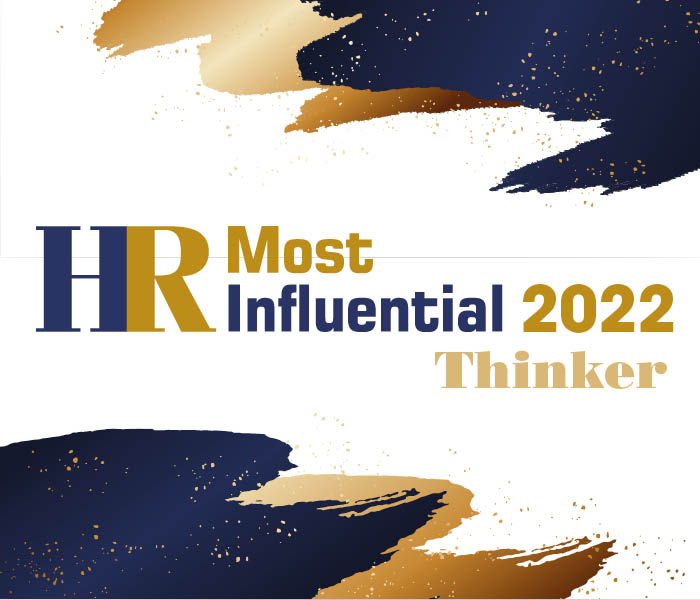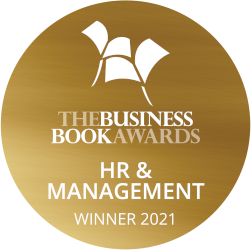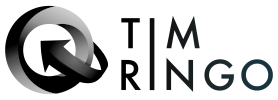Avoid the 9/11 Downturn Mistake – Tim Talk Episode Two
Tim Talks separate fact from fiction in 4 minutes or less via a rolling series of engaging videos based on Tim’s upcoming book, Solving the Productivity Puzzle.
In this episode, Tim addresses Covid-19 and the upcoming economic downturn. Drawing on his 30 years of experience in HR Management Consulting, Tim shares some company crisis management tips, including how to achieve productivity through people.
Make sure you don’t miss the next episode of Tim Talks and subscribe to Tim’s YouTube Channel.
Tim Talk – episode two
Avoid the 9/11 Downturn Mistake
Video Transcription
This episode is coming to you during lockdown here in London during the covid-19 pandemic. It’s difficult days, it’s dark days for all of us. I don’t have to tell you that, but I wanted to focus this Tim talk episode on good news. I wanted to focus it on things that we can do things that we can control both now, but I think, more importantly, to get ready for the coming economic recovery which it will come, eventually. I promise you that it’ll come in stages but it will come and we can take this time to learn some lessons from the past but also take them and apply them to today and the future.
So, I wanted to cover those in this episode I’ll be pulling from concepts and ideas from my book Solving the Productivity Puzzle, which comes out on Kogan Page in July 2020. You can pre-order that now.
Let’s dive down into some of the content from the book and put it in the context of our current situation of the Covid-19 pandemic.
So, similar to the 9/11 crisis, you know, before the pandemic the economy didn’t have any significant problems. Both of these downturns, the 9/11 downturn and then the down trend we’re seeing around Covid-19 are completely outside of the normal business cycle and our external shocks.
You know, before, in both situations there was a big hiring bend. In the late 1990s low unemployment, lots of hiring. Same again here, for years we’ve had very low unemployment. Lots of hiring going on and then suddenly a crisis happens and then you have some of the highest unemployment we’ve ever seen!
And that’s the thing that we need to avoid, and I think you know, again, those companies that have the wherewithal, this is a very similar situation. Let’s avoid that shedding of jobs and let’s take a look at how we can work with what we have today.
Let’s do something that I call PEIP: People Engagement Innovation and Performance. It’s very simple equation, quote unquote, equation which is about getting the right people with the right skills, in the right place at the right time, with the right motivation.
That’s something that we should be doing regardless of whether there’s a crisis, but it is particularly important at the moment because as we get ready for the upturn, we need to work smarter. We’ve got to have the right people in the right place at the right time and this will be really important.
So, let’s take a look at that equation. So, here’s the exciting bit, if you take PEIP which is already working smart and then you multiply, as you can see here in this picture, by emerging technology. So, artificial intelligence, machine learning, essentially humans harnessing the technology to make themselves more productive and more powerful.
I think we’re going to have a very bright future ahead of us. I think we’re going to see historical people productivity; we’re going to see historical people engagement and ultimately, we’re going to see big improvements in GDP and in our standards of living.
So, it’s a very positive view, it’s a very positive future and all we have to do is really take this equation for working smarter and apply it now. Don’t wait for the crisis to be over, use the crisis as an opportunity to start to put in place these disciplines. It’s fantastic and it’s a great way to prepare for the future.
So, the PEIP equation we were just having a look at is really simple. In fact, if you go to your people team, they’ll have a lot of the data, they’ll probably have a lot of the processes to do these types of things. Typically, it’s called a strategic Workforce Planning. That’s really all I’m saying that we should be doing.
Instead of looking to shed jobs we should step back and say right ok we’ve got this crisis, we’ve got a crisis in supply and demand and the workforce. Let’s take a look at now at 6 months, 18 months and see how many people we’re going to need; where are we going to need them; what type of skills they’re going to need. If you do that plan and if you work with your people team on this I think you’ll quickly discover that you have enough of the right people at the moment and you want to keep them because if you let them go, it’s going to be a struggle to get them back.
That’s what I mean by the hire fire binge. So, when times are great, we go out and hire as many people as we can, or we like, and then suddenly times aren’t so great and then we start shedding those people. That is a destroyer of value, that’s a destroyer of engagement in the organization and it’s just not smart. It’s not working smart.
So, do a bit of strategic Workforce Planning; do PEIP; do People, Engagement, Performance and Innovation. Do it now and get ready for the up turning. That’s the whole idea.

JULY 19TH 2022: TOP HR MOST INFLUENTIAL THINKERS 2022:
Tim named to the list of HR Most Influential Thinkers. HR Most Influential is an annual list that celebrates the most influential players in the field of people strategy.
Tim's Bio
Tim has over 30 years' experience as an executive in the HR Consulting and HR Software industry. He has architected and led some of the largest and most successful HR IT and change programs in North America, Europe, Asia and the Middle East.
He began his career in Andersen Consulting (now Accenture) in 1990 where he was Managing Director, in Accenture’s Talent and Organization, Service Line. In 2006, he was recruited to IBM Global Business Services where he led IBM’s global Human Capital Management (HCM) consulting practice.
He was most recently Vice President of SAP SuccessFactors for Europe, Middle East and Africa. He led SuccessFactors’ HR Advisory teams across the region.
Additionally, he is on the Board and Non-Executive Director of Optunli an HR solution providing a unique approach for strategic workforce planning. Tim is a Chartered Fellow of the CIPD (FCIPD).

MAY 25TH 2021: SOLVING THE PRODUCTIVITY PUZZLE IS CATEGORY WINNER:
Business Book Awards 2021 – HR & Management at the Business Book Awards. See Business Book Awards 2021 winners announcement, click here.


